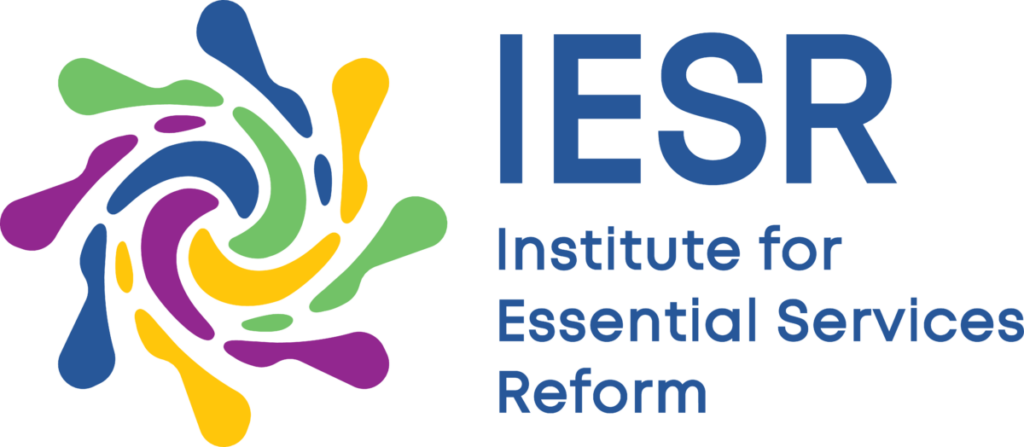Background
Indonesia’s National Electricity Plan (RUKN) 2024–2026 projects 443 GW of installed capacity by 2060, with 41.6% from Viable Renewable Energy (VRE). As VRE capacity increases, ensuring power sector reliability through expanding energy storage becomes critical. Additionally, electrification of transport would also accelerate which constitutes potential demand for battery technology. The Draft National Energy Policy (RPP KEN) already targets 178 million EVs by 2060, while RUKN sets a battery energy storage storage goal of 18 GW. Alternatively for a more ambitious energy transition scenario, IESR estimates a higher capacity of battery that up to 300 GW may be needed by 2045 and all road transport electrified by 2050 to meet the 1.5°C climate target.
With the huge potential demand for battery technology in the next few decades, establishing local capacity and supply chain for the technology would be critical to lower the cost and optimize economic benefit for Indonesia. The battery supply chain ecosystem can be categorized into three main segments: upstream, midstream, and downstream. However, the development of the battery supply chain ecosystem across these segments is significantly influenced by the declining cost of battery manufacturing, driven by continuous technological innovation and advancement and evolution of the battery chemistry.
BloombergNEF reports that the price of lithium-ion batteries has dropped to USD 139 per kilowatt-hour as of 2023. Despite this positive trend, several structural challenges remain. Notably, Indonesia currently lacks an operational battery recycling system, limiting the circularity and sustainability of its battery ecosystem. Moreover, there is a disconnect between Indonesia’s substantial nickel reserves, accounting for approximately 48% of global production, and the configuration of its electric vehicle (EV) supply chain. While Indonesia holds strong potential to develop a nickel-rich NMC (Nickel Manganese Cobalt) battery industry, most Original Equipment Manufacturer (OEM) facilities serving the domestic EV market are based in China, favoring the assembly of LFP (Lithium Iron Phosphate) batteries. This misalignment presents a strategic challenge for optimizing Indonesia’s domestic value creation in the battery sectors.
Given the aforementioned opportunities and challenges, the Institute for Essential Services Reform (IESR) is undertaking a study to develop a comprehensive understanding of current state of the art battery technology and future trends as well as Indonesia’s potential capacity to establish its own industrial ecosystem and supply chain.
All proposal documents are expected to be received no later than 24.00 Western Indonesia Time (WIB, GMT+0700) on Friday, May 30, 2025, and addressed to the IESR Energy Transformation System Manager deon@iesr.or.id and cc to auzora@iesr.or.id & faris@iesr.or.id . Please include “RFP Response – Future Battery Technology Consultant” in the email subject. All proposals must be submitted by an official organization or a representative appointed by the organization.


